Search
Search Results
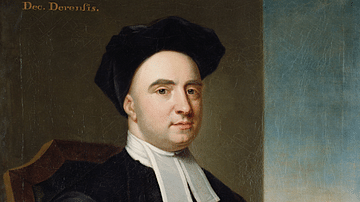
Definition
George Berkeley
George Berkeley (1685-1753) was an Anglo-Irish bishop and an empiricist and idealist philosopher. He infamously claimed that no matter exists outside of God and that things only exist outside of our minds and perceptions because God perceives...
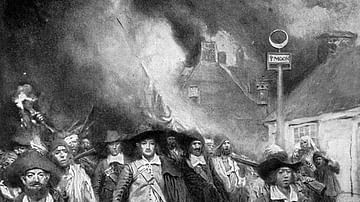
Definition
Bacon's Rebellion
Bacon’s Rebellion (1676) was the first full-scale armed insurrection in Colonial America pitting the landowner Nathaniel Bacon (l. 1647-1676) and his supporters of black and white indentured servants and African slaves against his cousin-by-marriage...
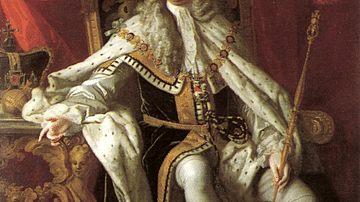
Definition
George II of Great Britain
George II of Great Britain (r. 1727-1760) was the second of the Hanoverian monarchs, and like his father George I of Great Britain (r. 1714-1727), he faced a Jacobite rebellion to restore the Stuart line. Wars in Europe and beyond drained...
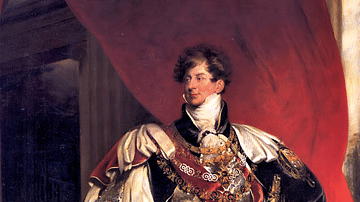
Definition
George IV of Great Britain
George IV of Great Britain (r. 1820-1830) was the fourth of the Hanoverian monarchs. He first reigned as Prince Regent from 1811 for his mad father George III of Great Britain (r. 1760-1820). George IV was an unpopular monarch for his many...
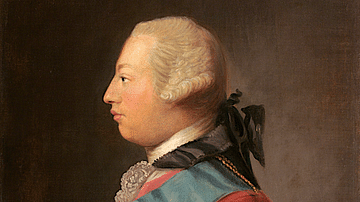
Definition
George III of Great Britain
George III of Great Britain (r. 1760-1820) was the third of the Hanoverian monarchs, and he remains the longest-reigning king in British history. His six decades on the throne saw the creation of the United Kingdom, the loss of the 13 American...
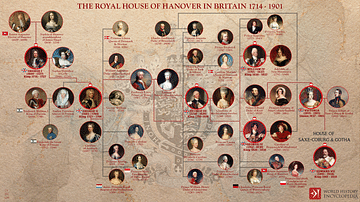
Collection
British House of Hanover
The House of Hanover is a royal house that first ruled Hanover and then Great Britain from 1714 to 1901. The British Hanoverians began with George I when he succeeded the last of the Stuart monarchs, Queen Anne of Great Britain (r. 1702-1714...
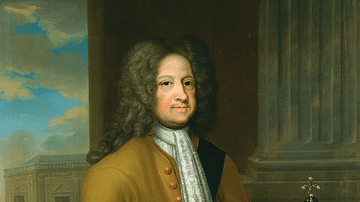
Definition
George I of Great Britain
George I of Great Britain (r. 1714-1727) succeeded the last of the Stuart monarchs, Queen Anne of Great Britain (r. 1702-1714) because he was Anne's nearest Protestant relative. The House of Hanover secured its position as the new ruling...
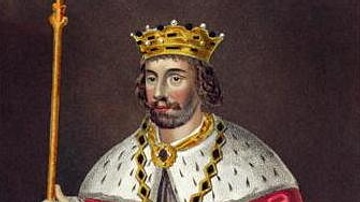
Definition
Edward II of England
Edward II of England reigned as king from 1307 to 1327 CE. Succeeding his father Edward I of England (r. 1272-1307 CE), his reign saw a disastrous defeat to the Scots at Bannockburn in June 1314 CE, and the king's lack of political and military...
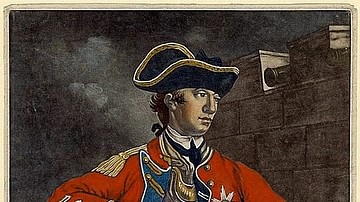
Definition
William Howe
Sir William Howe (1729-1814) was a British military officer and politician, most notable for his role as commander-in-chief of the British army during the initial years of the American Revolutionary War (1775-1783). Despite several significant...

Image
George Berkeley by Smibert
A 1720s oil-on-canvas portrait by John Smibert of the Anglo-Irish philosopher George Berkeley (1685-1753). (National Portrait Gallery, London)